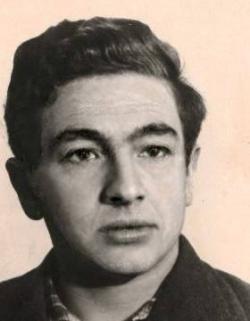The fourth muse
"Should the poet really be faithful in love,
To be able to write good love poetry?"
I was asked - and I picked the challenger's glove -
- How about Patmore, Coventry ?
Yet there was one, who loved mostly his "Cats"
Keeping wife, locked as being mad, with no regrets
While inheriting her wealth and estate
Leaving her alone to live and die in her dare mental state ...
As for mistresses... - the poet at least could have three
Say, three muses of his poetry
Those whom poet gave his heart for life
Those, with each of them he wants to stay in love
But if three ladies are fine, why he couldn't have four ...
Adding real one, who may stay, when he can't write no more
One, who's not jealous for the other three
One, who cares and will not let him free
But if she'll tell me that she wants be my the only ONE,
I'll quit poetry and into her arms I will run
Arms, which keep me in such a warmly embrace
That our hearts start to beat in one madly pace
But if some day I'll get old for her too
I don't know what with my life will I do
How I'll live and will cope with the pain
So deep that may drive me insane ?

I presume that the poet mentioned rather obliquely in the second stanza is T. S. Eliot. You should have, perhaps, reviewed the facts more closely. There wasn't much estate to inherit from the Haigh-Woods, and probably the greater part of it went to Vivienne's brother, Maurice. Documents recently disclosed have also revealed that Maurice, and not Eliot, started the proceedings that actually compelled her confinement to the mental institution, although Eliot himself paid the expenses of that. The extreme complexity of their relationship is such that it cannot even be untangled by a poem as great as The Waste Land, let alone by the lone stanza of your poem.
Starward*Led